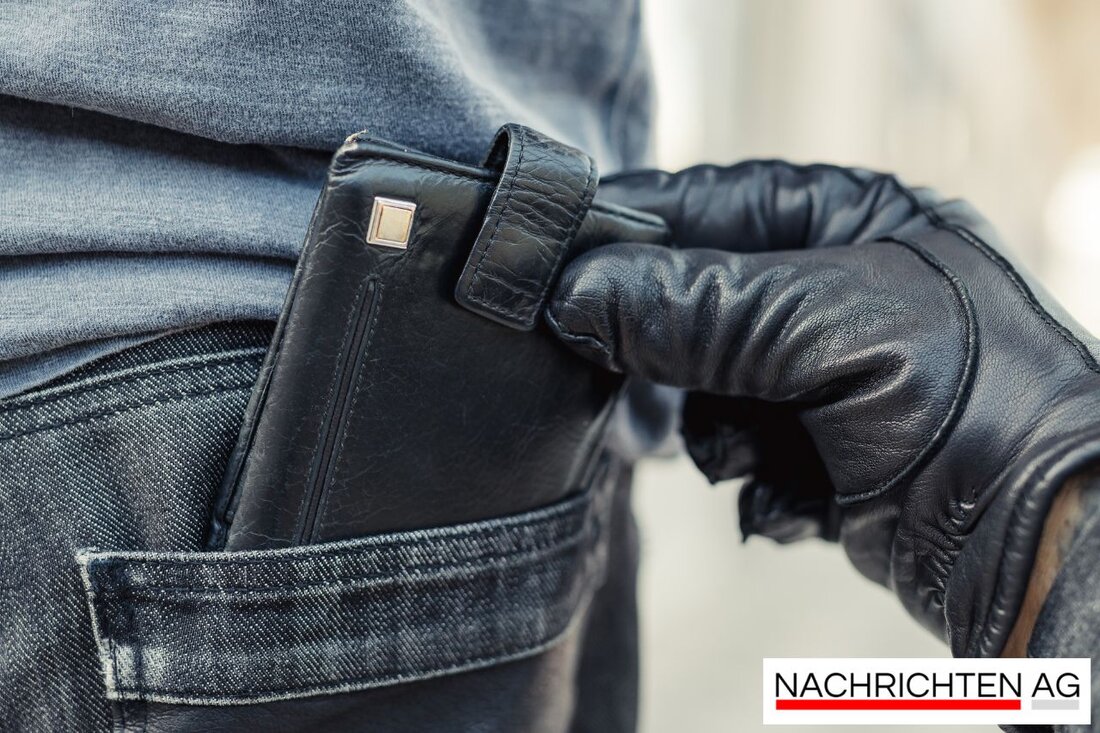Sign thief from Melle: Police uncover strange traffic scandal!
A 21-year-old driver in Melle, Lower Saxony, was caught with stolen place signs during a traffic stop.

Sign thief from Melle: Police uncover strange traffic scandal!
A brief bout of love for one's homeland is becoming the topic of the day, especially in the town of Melle in Lower Saxony. On Thursday evening, at around 11:30 p.m., a 21-year-old Meller driving a VW was put to the test during a traffic stop on Gesmolder Strasse. The police officers asked the driver to show his first aid kit and the warning triangle. But what they found in the trunk astonished: five town signs for the city of Melle, which the young man had apparently purchased without any receipts. “I bought the signs through an online auction platform,” the driver explained. However, he remained without a sales contract or receipt and thus aroused suspicion that the signs were possibly stolen, as Bild reports.
The Melle police have now started an investigation to clarify the origin of the signs and find out whether they are original signs from public traffic. Unfortunately, the theft of such traffic signs is not an isolated case in Germany. They keep disappearing, which has led to legal disputes in the past. In one case in Eichstätt, Bavaria, blue signs for women's parking spaces were replaced with pink ones after a young man found their design discriminatory. The new signs promptly disappeared there too, which suggests theft. This raises the question: What happens when road signs end up as a “souvenir”?
The legal situation
Like the website kujus criminal defense As explained, taking a sign without authorization is considered theft and can even be considered damage to property. The road traffic regulations (StVO) do not have any signs that reserve parking spaces only for certain people. Therefore, the theft of traffic signs is not only a criminal offense, but can also be punished as a dangerous interference with road traffic. Section 315b of the Criminal Code provides for up to five years in prison or fines for such acts. In this context, the signs from Melle seem to be only part of the problem thanks to their low value, because the disappearance of such signs ultimately endangers traffic safety.
This incident in Melle impressively shows how love of home can turn into bargain hunting - but cheaply bought signs are by no means a reason for joy, but rather a call to reason and respect for public property. It remains to be seen whether the accused Meller will actually have to expect a high penalty for his “acquisition”. In any case, his story could be a lesson for anyone else who feels like they can just take over the city - even if it's just with the flashing signs of his homeland.

 Suche
Suche
 Mein Konto
Mein Konto